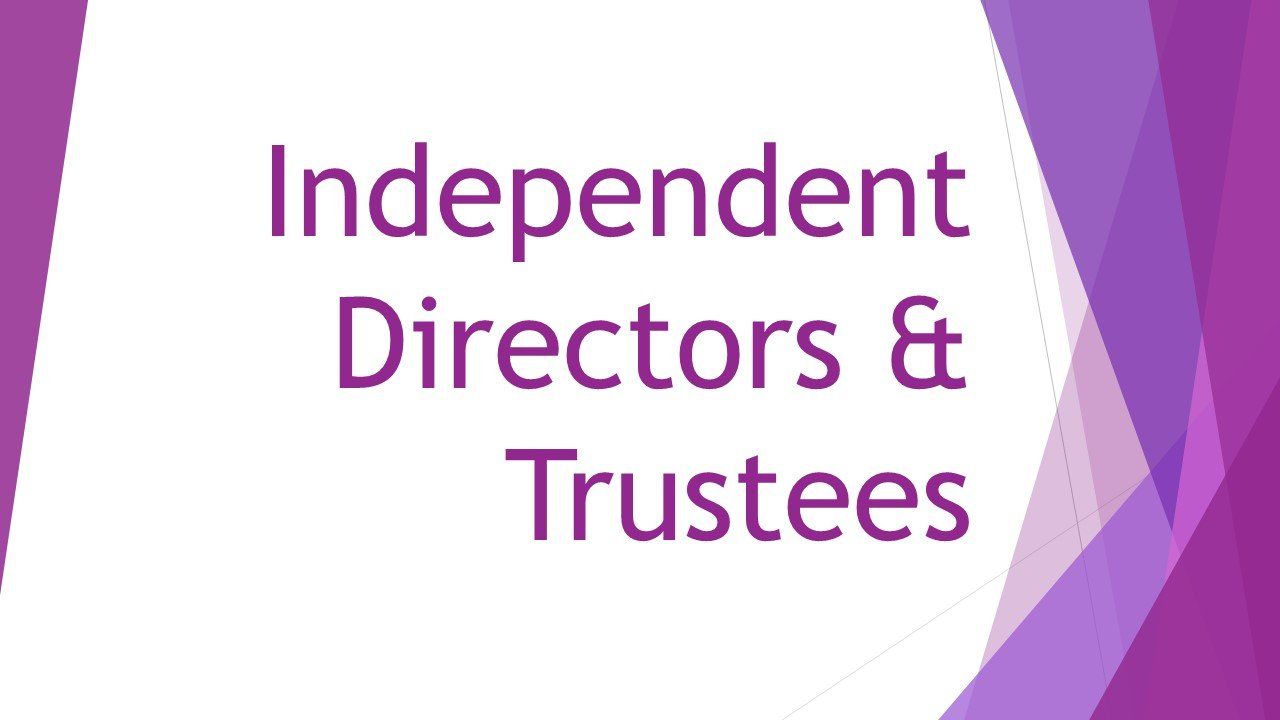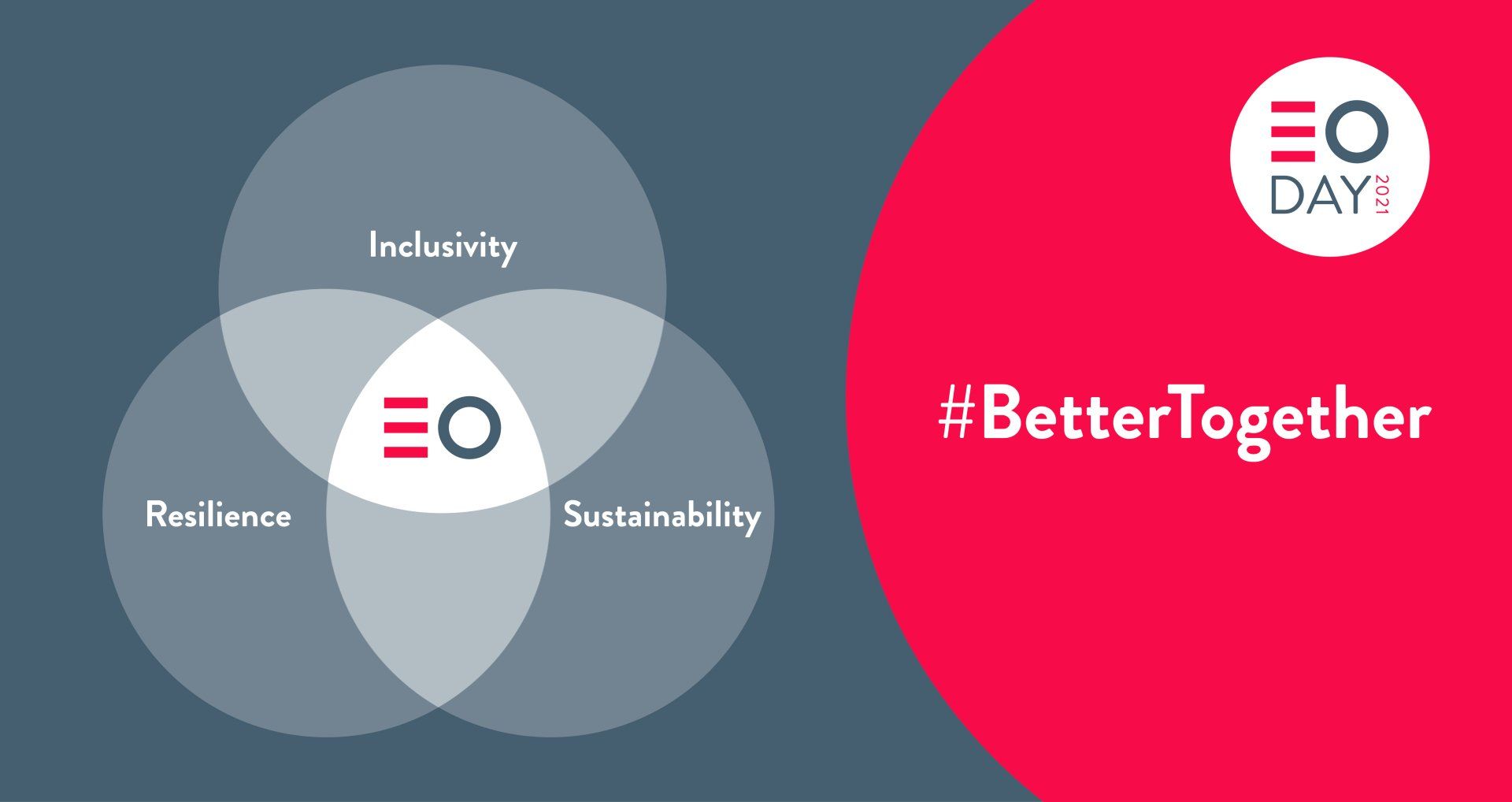Understand governance, understand cohering force
- by Simon Carter
- •
- 23 Jun, 2020
Relegating governance to just a regulatory process could prove a costly oversight in your thinking and in your operating model.

Whilst there are physical and compliance aspects to any framework of governance, as a subject it is as intangible as leadership or organisational culture. Bracket it this way and, suddenly, governance becomes a more intriguing concept. Its various and increasingly multi-faceted definitions can be debated at length, but the real trick is to realise the extent of effects governance can have on your business and using them to harness its potential.
Governance touches everyone, it is like a system of arteries and veins that spread right through your business, from the boardroom and leadership out to every member of the team. That makes it a really powerful thing.
It can set the whole tone and entropy of your business. Governance that is too process heavy saps energy and will, while insufficient structure can also soak up effort and be equally wearing on people. It needs tuning for optimum performance, and it needs to be actively challenged to keep it fit for purpose. It can be, and should be, agile so that it can anticipate today’s decision-making rather than dogmatically serve yesterday’s requirement.
It can make all the difference to the way your people are connected and feel included. Meetings and reporting that just seem to go through the motions can exasperate, whilst constant data and information can overwhelm and shroud what matters. The routines and agendas that support your governance are the opportunity to encourage 2-way flows of information, creating focus, agility, and a rhythm that breeds confidence and resilience through uncertainty and challenge.
And there comes a point in an organisation’s development when its governance has more reach and greater presence than any single leader or individual can achieve. The right design can transform awareness, alignment, and engagement.
We are in a world full of uncertainty, complexity, and challenge but the good news is that the levels of empowerment, transparency and trust your business is founded on – its governance - are things that you are in complete control of. Governance works for you, not the other way round, and it can be the difference between having energy left in your business to focus on your customers, markets, and opportunities or not.
It stems from the top, sending a strong message about tone that is picked up on quickly and contributing directly to how the board and leadership is perceived. Governance is no more than an enabler, but it is a subtle and sophisticated one that has huge impact. So it is really worth some attention and thought.


